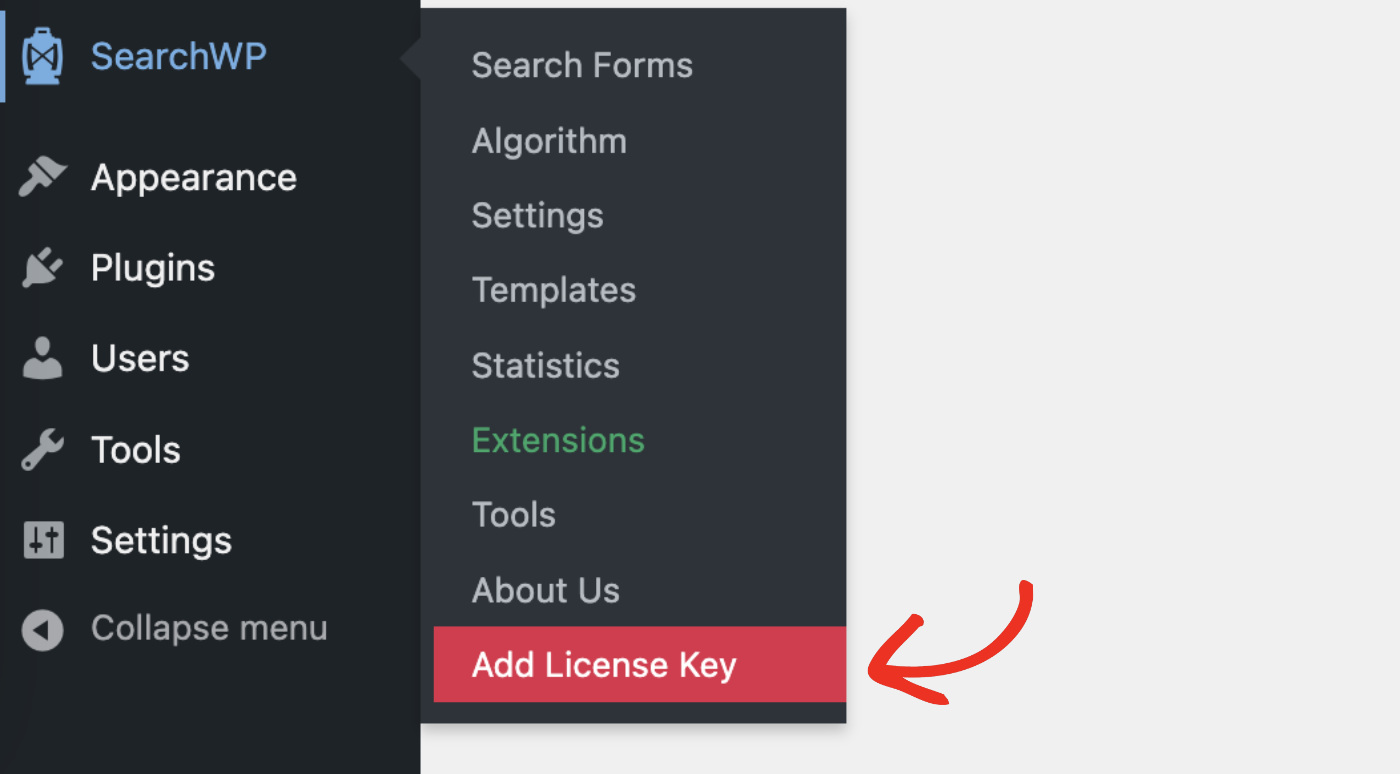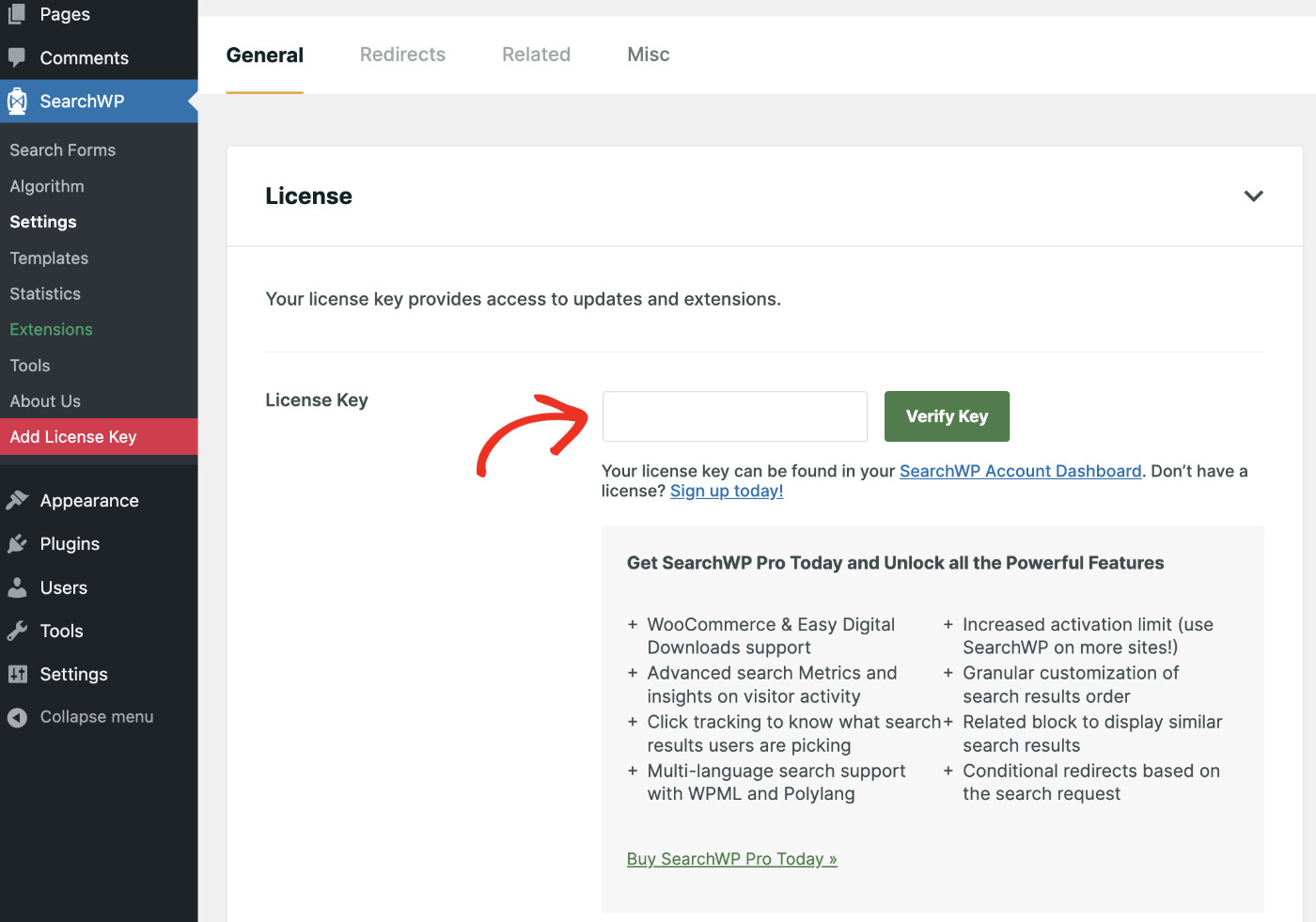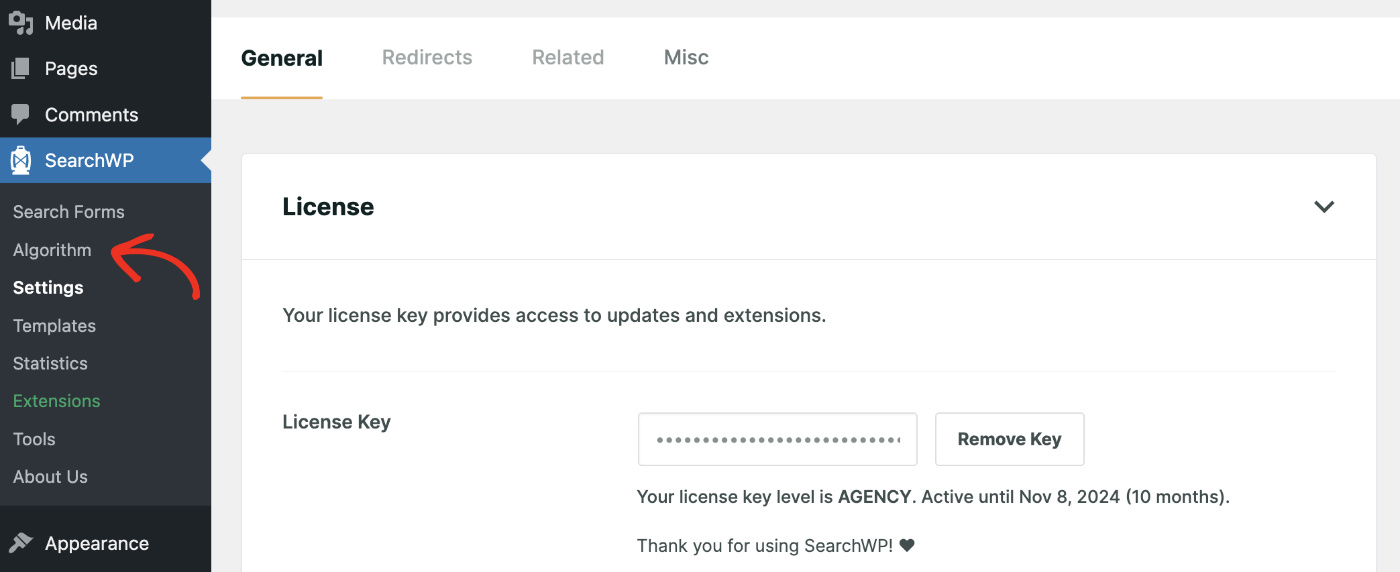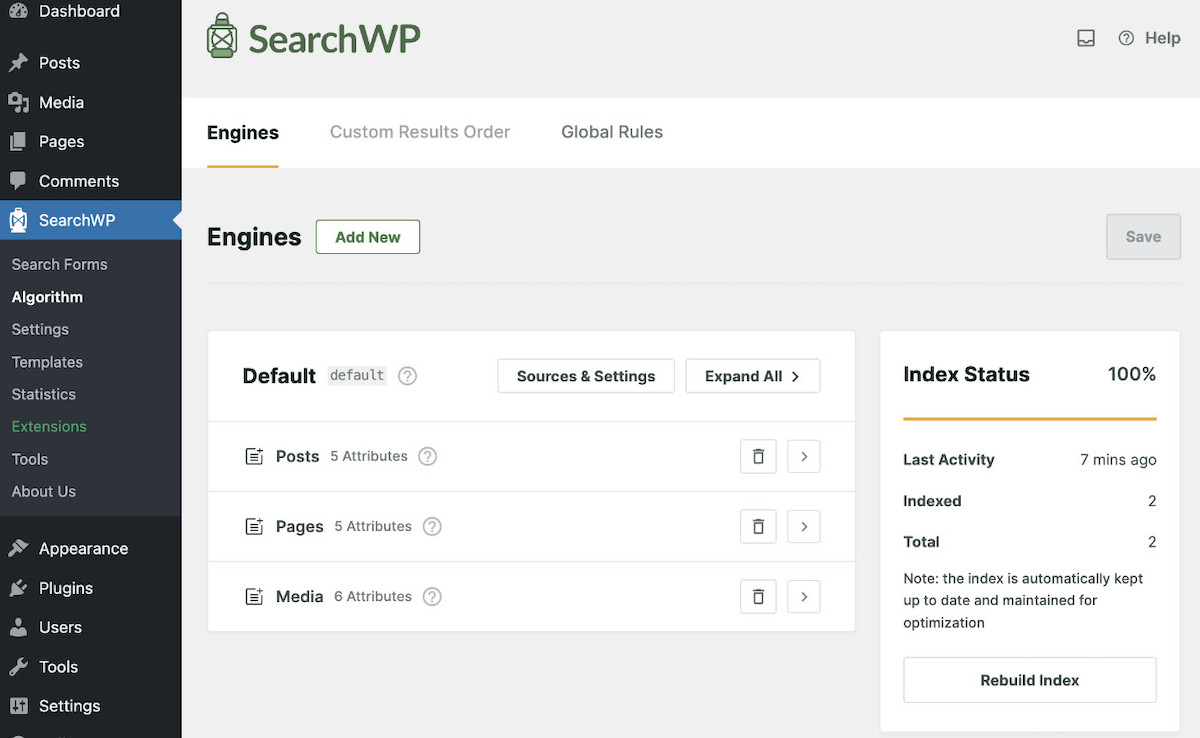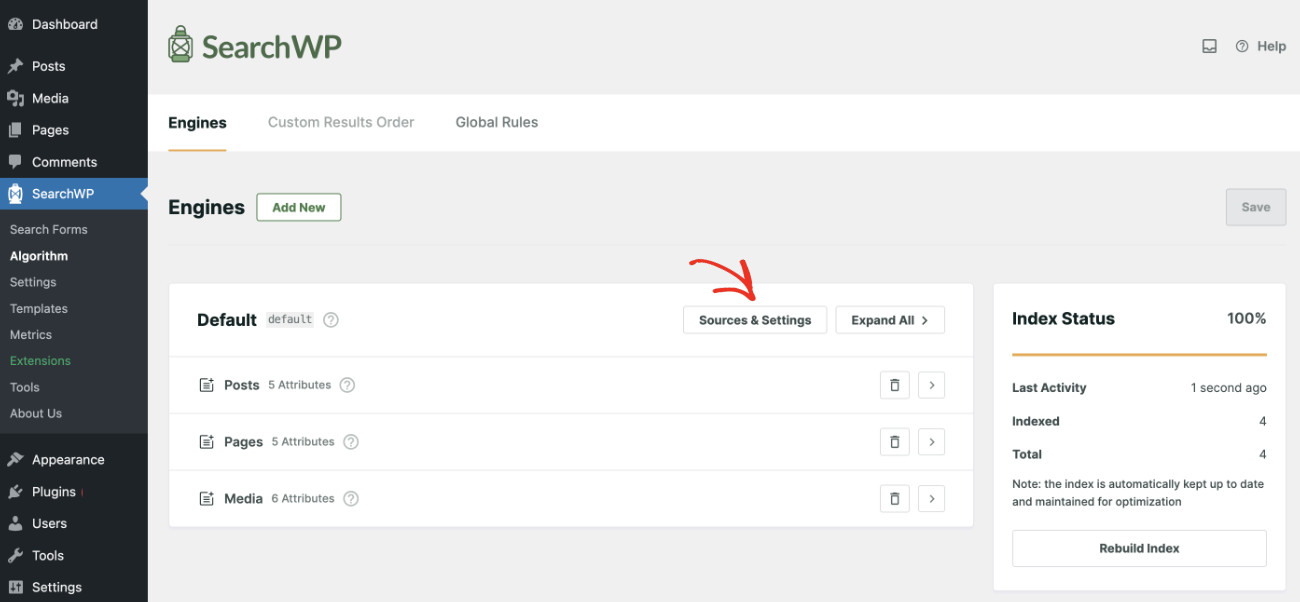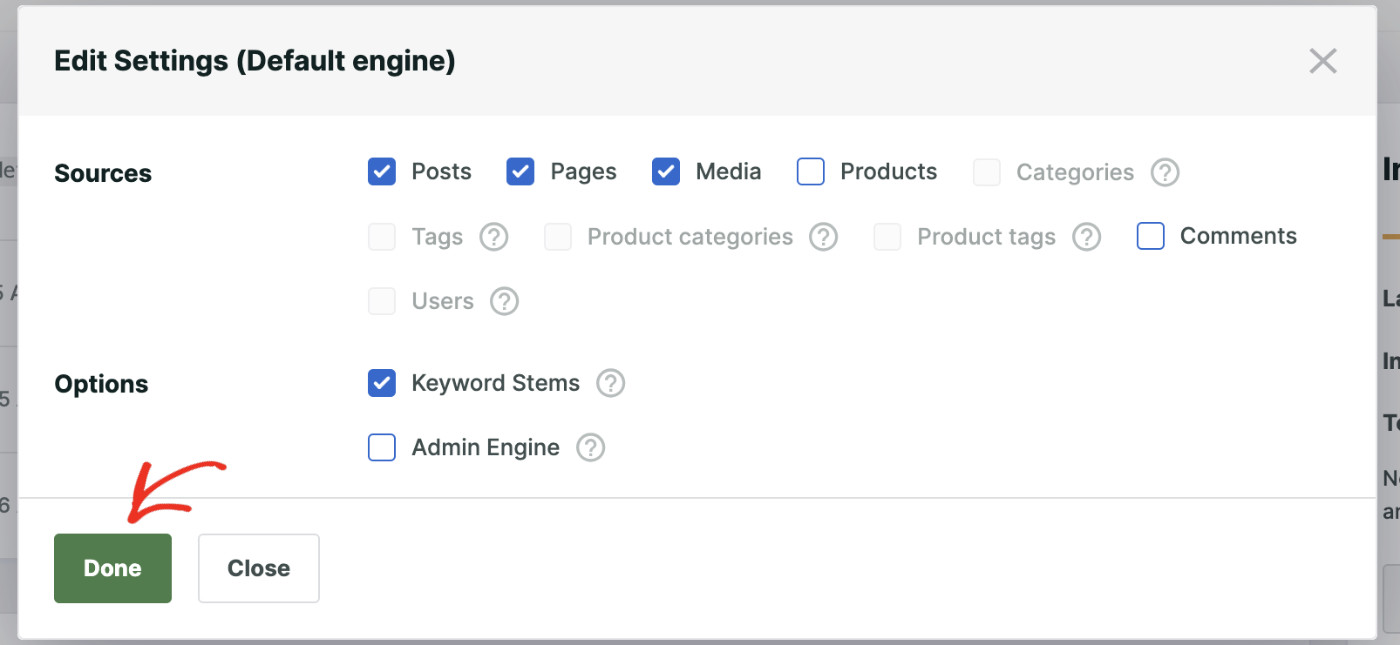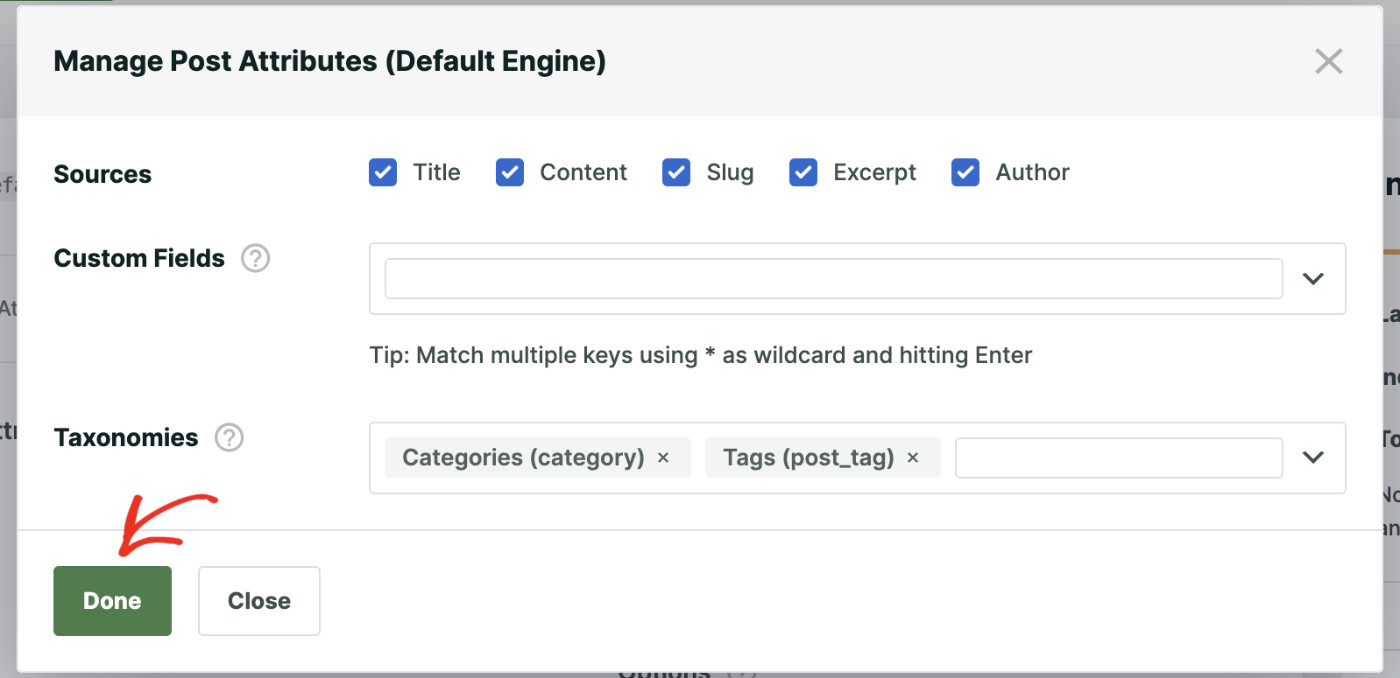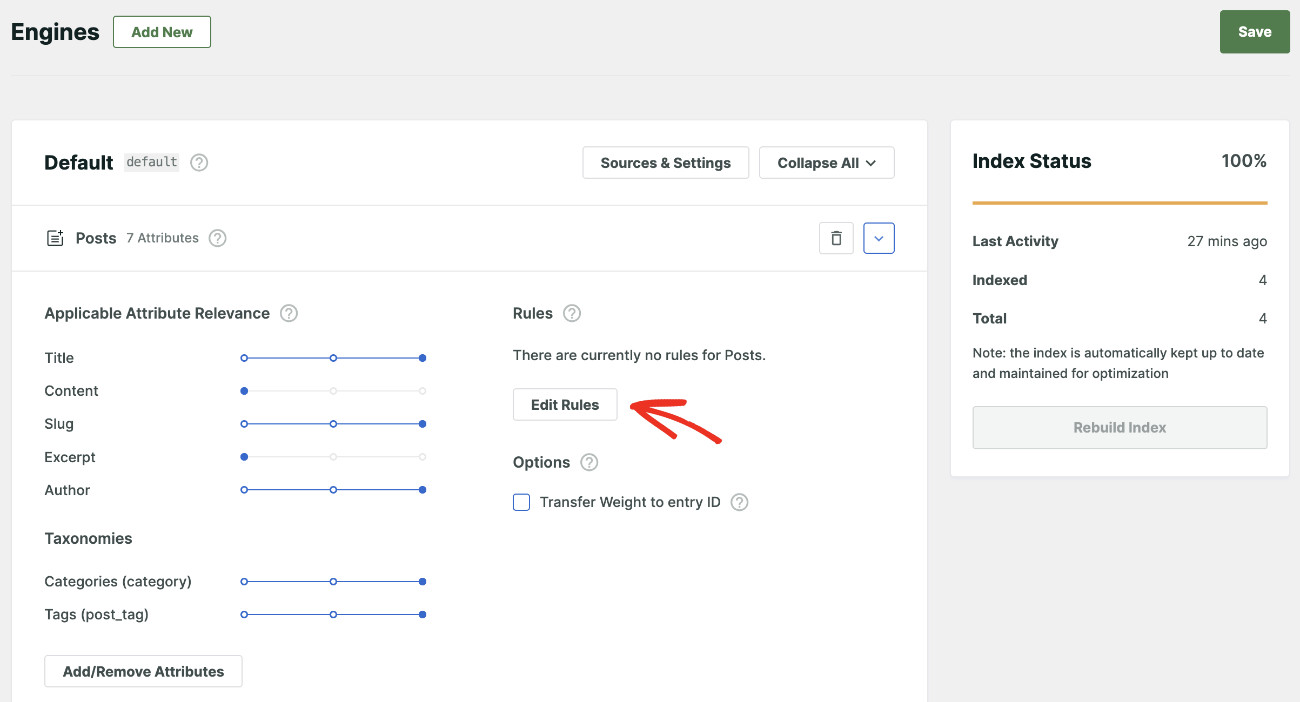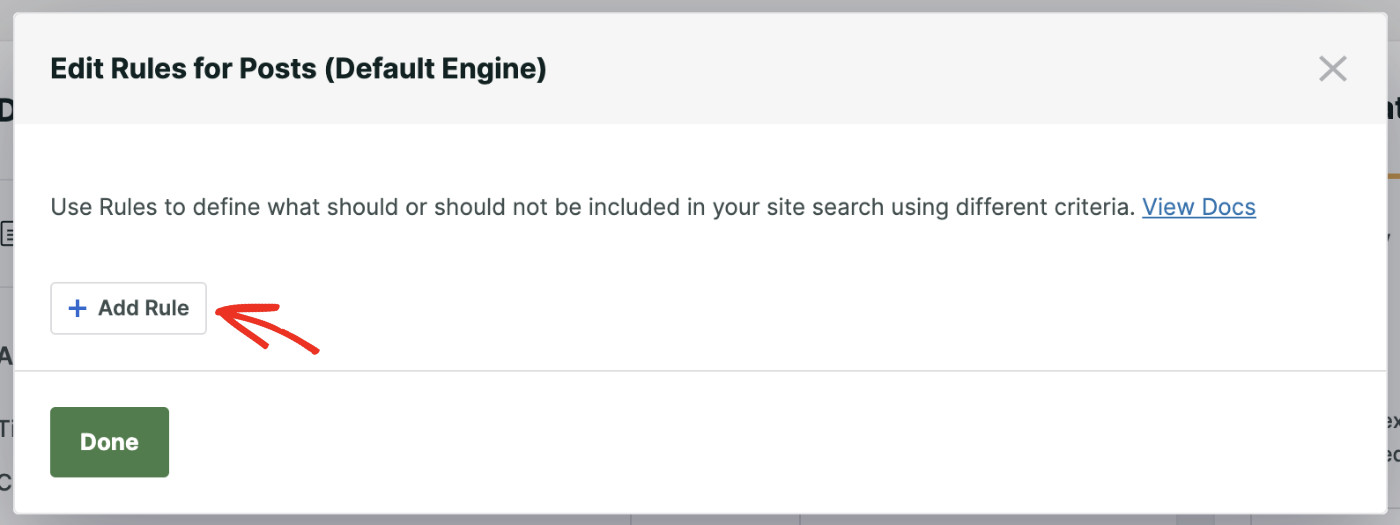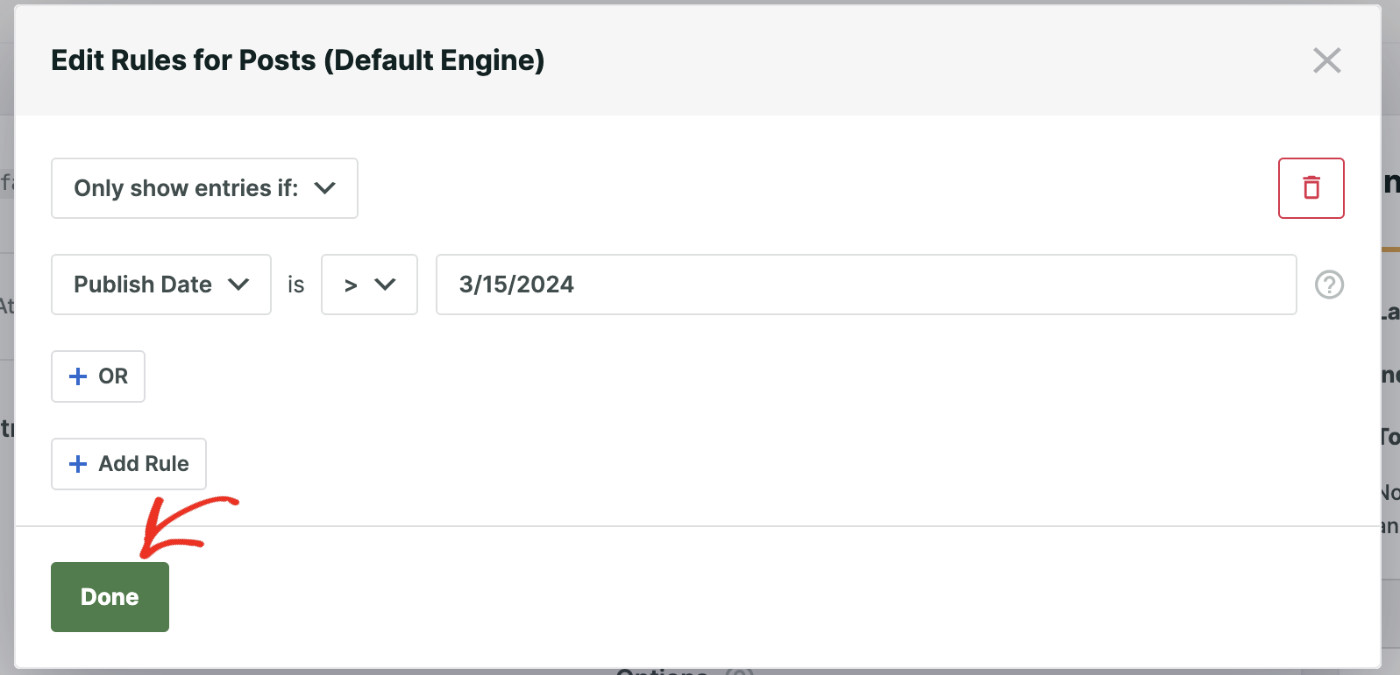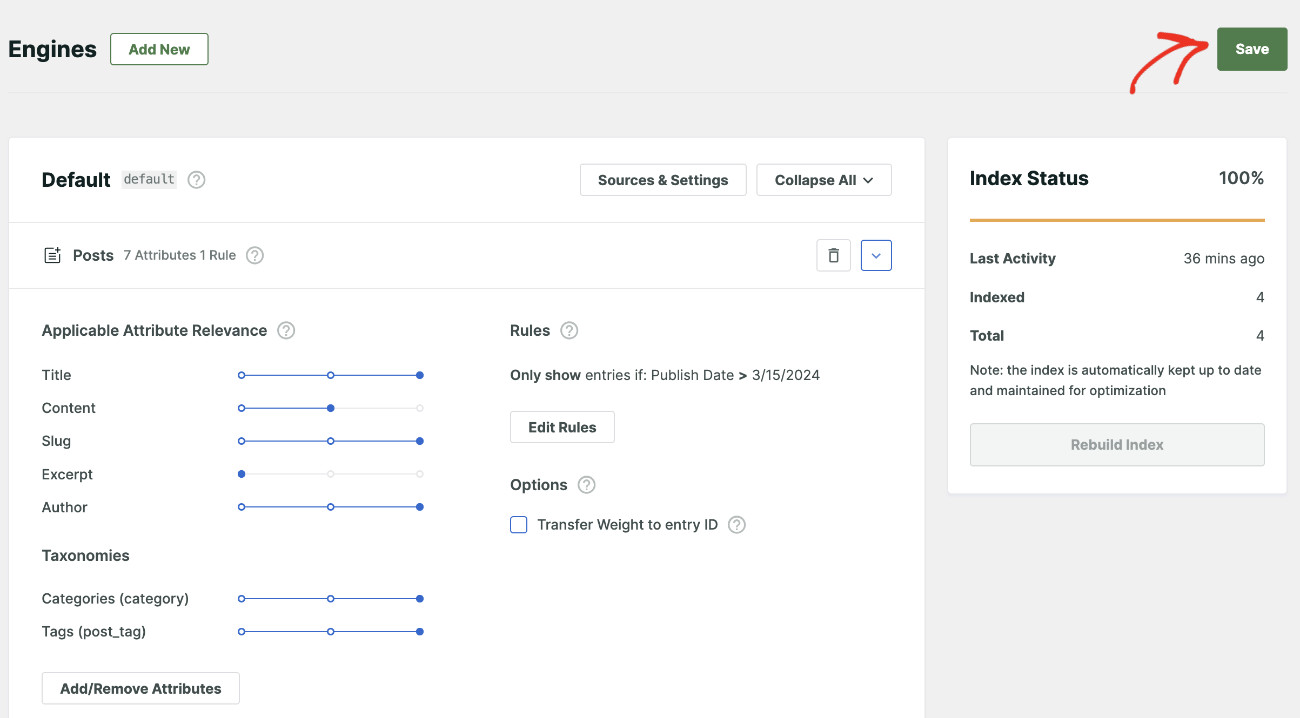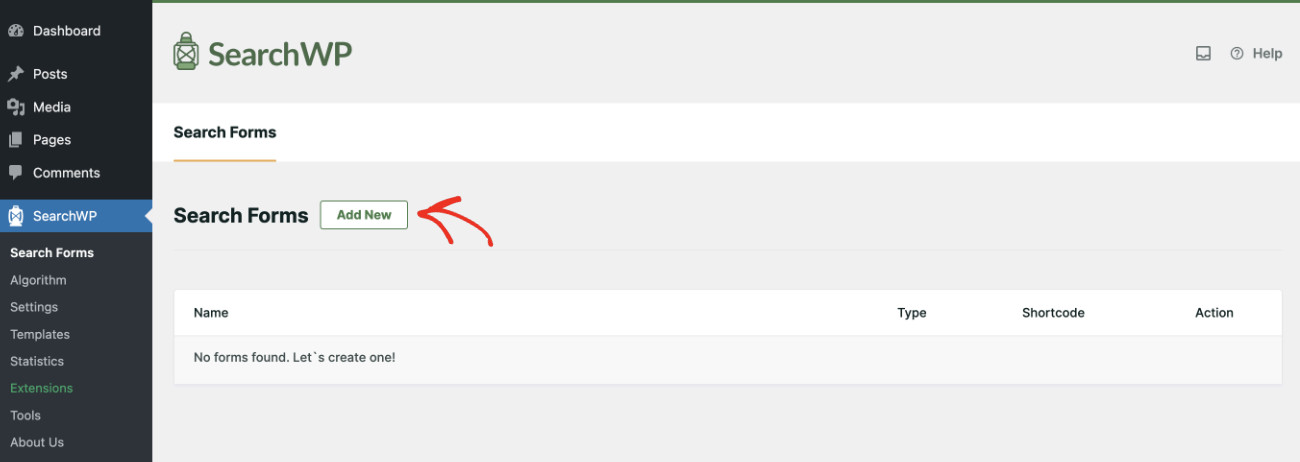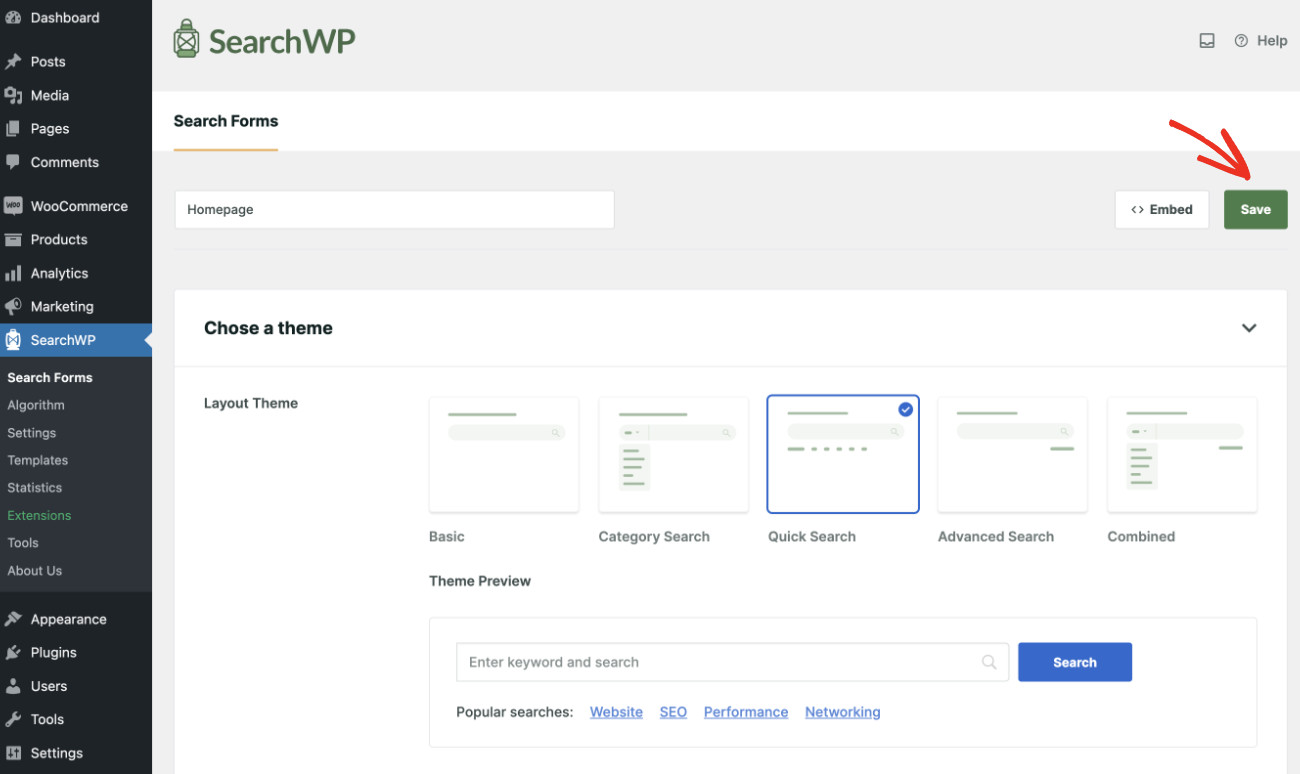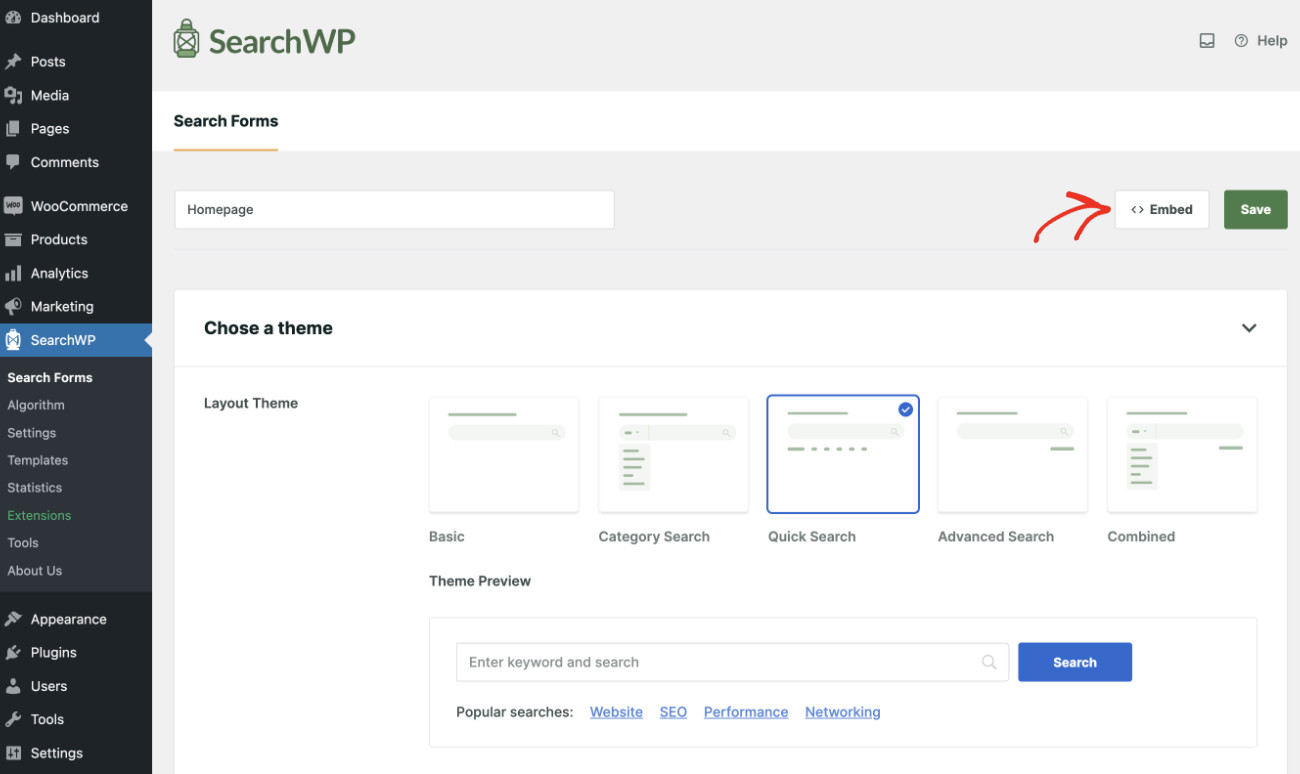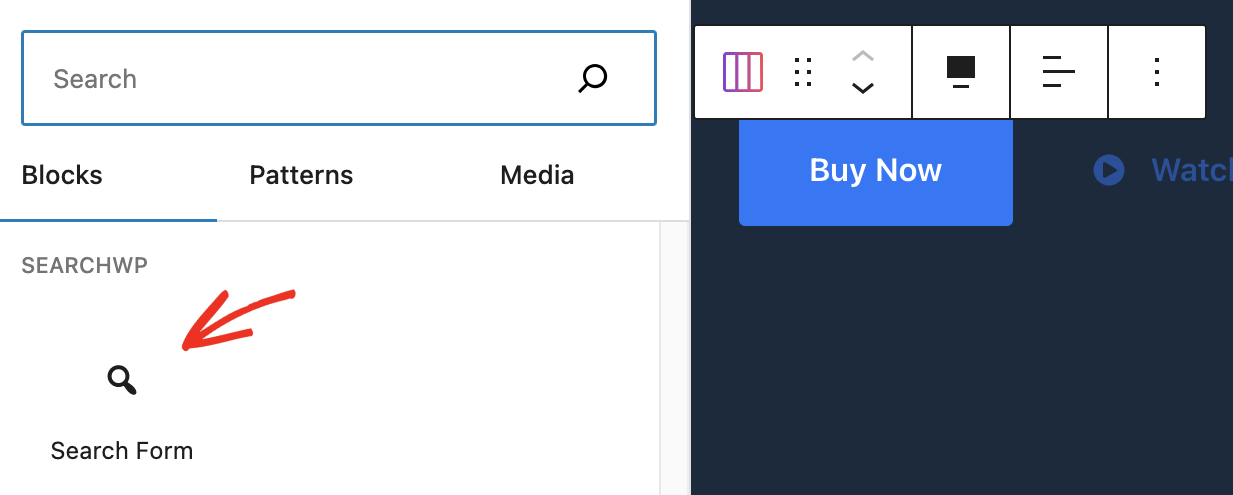
Do you want to make a search bar that searches your WordPress Site?
A search bar is crucial for your website as it helps visitors find posts, pages, and products they need instantly. The easier it is to find what your customers want, the greater your chance of boosting revenue.
In this article, we’ll show you how to make a search bar that searches your WordPress Site. You’ll also learn how to add it to specific locations on your site. What’s more, you don’t need to write a single line of code to achieve this.
Key Takeaways:
- Why having a search bar is important
- How to create a search bar for your WordPress site
- How to add a search bar to specific locations on your website
Why Make A Search Bar That Searches Your WordPress Site?
Poor site navigation is one of the major reasons why people leave websites.
If you want to offer your site visitors the best user experience, you need to pay attention to your site search. Users need the search feature to find what they’re looking for on your website.
This is even more important if you have a large website with lots of content. Adding a powerful search bar that searches your site will save your visitors a ton of time.
If your site is experiencing a high bounce rate, it may be because your site visitors need to search through many pages and posts just to find what they’re looking for. Adding a search bar that searches everything on your site can help you reduce your bounce rate.
But adding just any search bar is not enough. You also want to make sure that your site’s search shows your visitors all the content you have to offer.
Take the default WordPress search for an example. It lacks power and doesn’t always give the user the results they need. Because it only scans titles, excerpts, and content bodies for keywords. Additionally, custom fields and content types created by plugins won’t be included in searches.
However, don’t lose hope. Are you ready to make a search bar that searches your site? We’ll show you how you can easily do it with the best search engine available on the market. So your users can find just what they are looking for!
How To Make a Search Bar That Searches Your WordPress Site
To make a search bar that searches your WordPress site content, you can start by getting SearchWP, the best WordPress search plugin. It’s the go to tool for everyone for improving WordPress website search capabilities.
Even if you’re not tech-savvy, you can accomplish this with just a few clicks. No writing code!
SearchWP gives you full control over how you want your site to look for search terms, and your visitors get to enjoy instant, appropriate search results in seconds. Over 50,000 website owners already use the plugin to improve their business.
Here are some of the powerful features you get using SearchWP:
- Search your entire site. SearchWP indexes everything on your website. When your users type in the search bar, your site will look for results in product details, database table content, and even custom fields.
- Multiple search engines. You can use multiple search engines to create unique search experiences across your website pages. Configure each engine to meet your users’ needs at different points of their journey on your site.
- Text document indexing. Do you have PDF and office documents on your website? Your customers can now find them by searching for keywords they contain.
SearchWP will help you transform your site search and give your users the best experience possible. You can even use the plugin to add live autocomplete search to WordPress.
Here’s how to make a search bar that searches your WordPress site easily in 3 simple steps.
Step 1: Install and Activate SearchWP
SearchWP comes with different features in different packages; pick the one that best suits your needs.
Download your copy of the plugin from the Downloads tab on your SearchWP account. Then, install and activate it like any other WordPress plugin.
Once activated, you can insert the license key by navigating to SearchWP > Add License Key.
Paste the license key in its respective field. You’ll find the key on your SearchWP Account Dashboard, then press Verify Key.
You’ll see your licensing information appear right below if the verification is successful.
SearchWP is all set and ready for use! Now, it’s time to configure your first search engine.
Step 2: Set Up Your Search Engine
As soon as you’ve activated SearchWP, it starts indexing your website content right away! To verify, go to SearchWP > Algorithm.
If you see the Index Status at 100%, then SearchWP has completed scanning your website content. Otherwise, please wait a few minutes, and it’ll complete the indexing. If you want to reindex your site anytime, click the “Rebuild Index” button.
Now, you can either choose to edit the default search engine according to your needs or add a new one. SearchWP allows you to add multiple search engines to your website. This way, you can offer unique search experiences in different locations of your site.
To configure your search engine, click “Source & Settings,” and you’ll see customization options.
Now, it’s time to select where you want SearchWP to look when searching for results. To do this, click “Source & Settings,” and you’ll see customization options. Tip: SearchWP can index eCommerce products as well, learn how to improve WooCommerce product search.
You can choose to search within sources like posts, pages, or media files. Also, decide if you want support for keyword stemming (search for similar keywords). Plus, you can use SearchWP to search your WordPress admin backend, to do so, enable Admin Engine.
Click “Done” afterward once you finish making changes.
By default, SearchWP will look at the post title, content, slug, excerpt, and author for matches. If you want, you can adjust these by clicking on the “Add/Remove Attributes” button of a respective source.
Here, you can configure which attributes you want to restrict search from this source to. You can choose from attributes like title, slug, content, or short description. You can also include custom fields and taxonomies like post tags, categories, etc. Click “Done” after choosing all your preferred attributes.
Also, you can add specific rules to customize the search experience further. To do this, click “Edit Rules.”
Now click “+ Add Rule” to create a new rule.
With rules, you can choose to exclude or search for only posts that are published after a certain date. Tip: here are the supported date formats. Click “Done” to finish setting up the rule.
Additionally, you can adjust how your site’s search engine values and rank content when looking for results. For example, if you want to rank the post title higher than the content, then you can adjust the slider to give more weight to it. Click “Save” once you’re done configuring the search engine according to your needs.
SearchWP will then apply your new settings and build your search index again. As for the last step, we’ll show learn how to display a search bar on any location of your site.
Step 3: Display The Search Bar On Your Site
Before you can display the search bar on your site, you need first to create a search bar. The best part of using SerachWP is that you can create a search bar with only a few clicks without worrying about writing code!
To create a search bar, go to SearchWP > Search Forms and click “Add New.”
Name the form, pick a theme layout, and configure it according to your needs. You can pick the engine this search form will use, as SearchWP lets you set up multiple Engines to serve different content. You can also select the SearchWP as the Results page in order to take control and optimize the WordPress search results page.
Click “Save” to complete setting up the Search Form. For learning how to create an advanced search form in WordPress, refer to this tutorial.
Now we are ready to display the search bar on any location of your website. To do that, click “Embed” right next to the Save button.
You’ll see instructions on how to embed the search form with only a few clicks.
For instance, if you want to put the search form using a shortcode, select Shortcode from the list, and you’ll be presented with the shortcode associated with the form. Copy and paste it to your desired location.
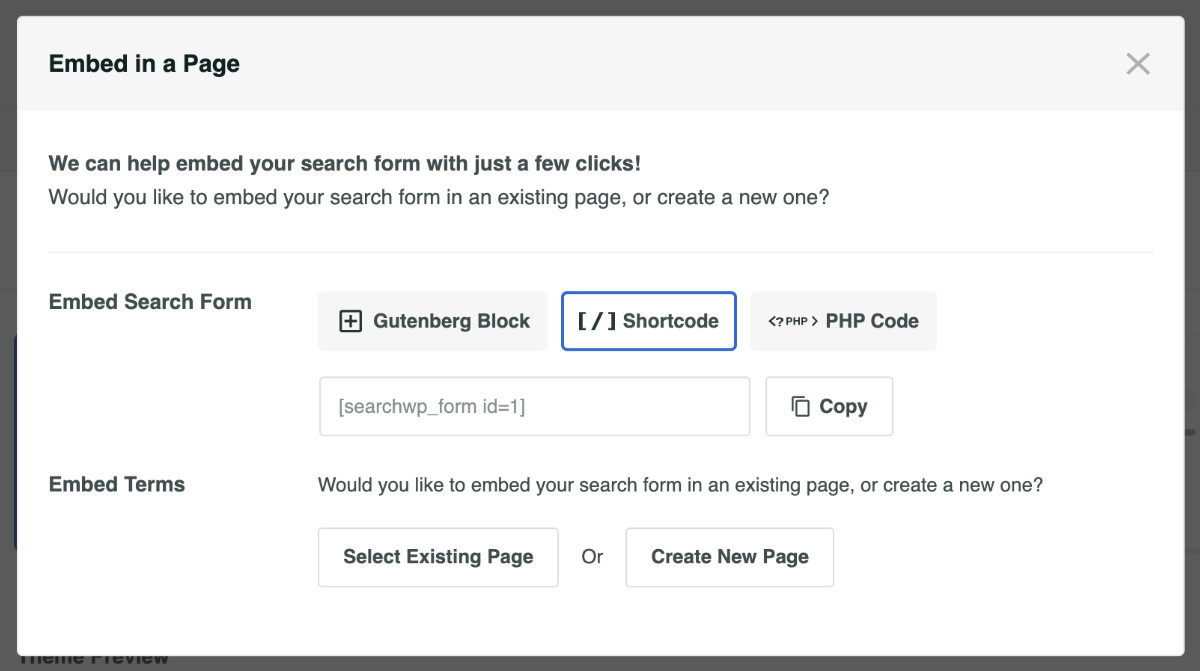
Look for “Search Form” and select it.
Pick the search bar from the list that you just created for this location. That’s it!
Congratulations! You’ve just learned how to make a search bar that searches your WordPress site.
Wrapping Up
In this article, you’ve learned how to make a search bar that searches your WordPress site. Now, when visitors roam around your website, they’ll see a search bar that can search everything on your website. You can use this feature to improve your site’s user experience and help your customers find the content they need faster.
Get SearchWP now to add an advanced search bar to your website!



